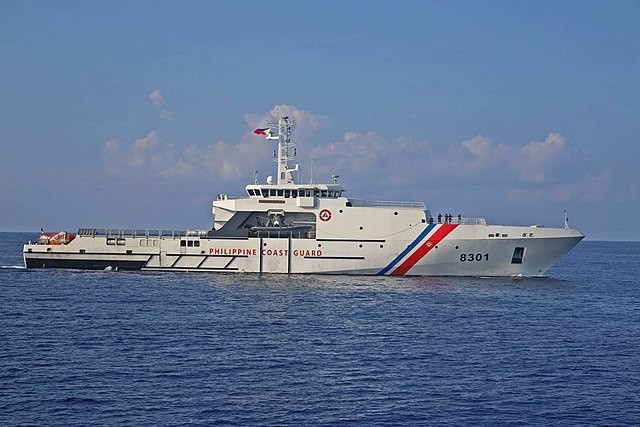India and the Philippines launched their first joint naval exercises in the South China Sea this week, marking a significant move in Indo-Pacific military partnerships and drawing scrutiny from Beijing. The two-day drill, which began Sunday, occurred within the Philippines' exclusive economic zone and featured vessels from both nations sailing together through the disputed maritime region.
Philippine Armed Forces Chief of Staff Gen. Romeo Brawner said the joint exercise went "successfully," noting, "We did not experience any untoward incidents, but we were still shadowed. We expected that already." The Philippine military reported that two Chinese navy vessels, including a guided-missile destroyer, were seen 25 nautical miles from one of the Philippine ships involved.
The Indian Navy deployed guided missile destroyer INS Delhi, tanker INS Shakti, and corvette INS Kiltan, while the Philippine side sent frigates BRP Jose Rizal and BRP Miguel Malvar. The exercise coincided with Philippine President Ferdinand Marcos Jr.'s state visit to India, where he is expected to meet with Prime Minister Narendra Modi and other officials to deepen bilateral cooperation in defense, agriculture, trade, and pharmaceuticals.
Gen. Brawner emphasized the Philippines' need to "boost deterrence to prevent war," citing two key strategies: military modernization and strengthened ties with "like-minded nations." Speaking aboard the INS Shakti in Manila, Brawner said the port call "sends a powerful signal of solidarity, strength in partnership and the energy of cooperation between two vibrant democracies in the Indo-Pacific."
China has long opposed foreign naval presence in the South China Sea. While it did not name India directly, the Chinese military's Southern Theater Command criticized the joint sail, accusing the Philippines of "drawing in outside countries" and warned it undermines "regional peace and stability." China's Foreign Ministry reiterated that "territorial and maritime disputes should be resolved between the countries directly involved and no third party should intervene."
China's sweeping claims over nearly the entire South China Sea have been a source of tension with multiple Southeast Asian nations. The Philippines has engaged in naval activities with the U.S., Japan, Australia, France, and Canada in recent months to promote freedom of navigation and challenge China's territorial assertions. These patrols often include media observers to highlight China's growing assertiveness in the region.
In 2016, an international tribunal ruled that China's claims lacked legal basis under the United Nations Convention on the Law of the Sea. Beijing rejected the ruling and has continued to expand its naval presence across the contested waters.





